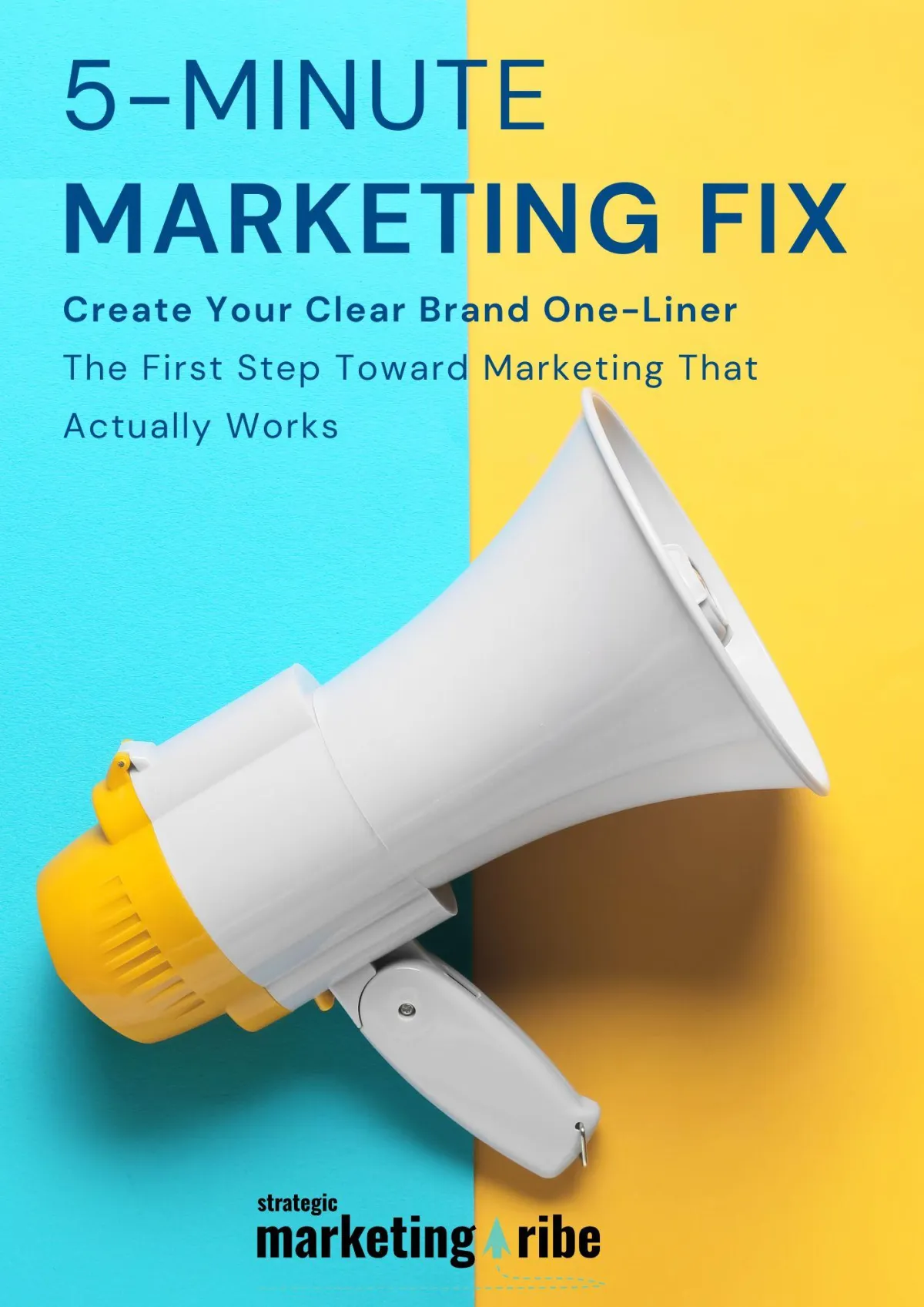NEWS, MEET STRATEGY
Real news, real insights – for small businesses who want to understand what’s happening and why it matters.

Spaza Shop Fund Rolls Out Slowly—Here’s What Small Businesses Can Learn
By Vicky Sidler | Published 10 July 2025 at 08:00 GMT+2
If you’ve ever wondered what happens when big promises meet paperwork, South Africa’s Spaza Shop Support Fund has the answer: R500 million in the budget, but only R6 million out the door.
That’s a 1.2% success rate for those of you keeping score at home.
And before you start thinking, “What’s a spaza shop and why should I care?”—hang tight. There’s a lesson here for every small business owner trying to grow, especially if your operation feels more “backroom hustle” than boardroom pitch deck.
TL;DR
South Africa launched a R500 million Spaza Shop Support Fund. So far, only R6 million has been paid out.
Delays are due to inspections, red tape, and verifying citizenship.
The fund offers up to R300,000 per shop for stock, upgrades, POS systems, and compliance.
Spaza shops are vital micro-businesses—often family-run, informal grocery outlets in townships and rural areas.
Global small business leaders will gather in Johannesburg this July to share MSME strategies.
If your messaging isn’t clear and simple, funding and partnerships slip through the cracks.
👉 Need help getting clear? Grab the 5-Minute Marketing Fix. It’s free, fast, and built for businesses like yours.
What Are Spaza Shops, Anyway?
For my non-South African friends, a spaza shop is a tiny convenience store—usually run from someone’s home or a small structure in a township. Think corner store meets survival strategy. They’re the glue of many communities, selling basics like bread, milk, airtime, and (if you’re lucky) a R2 snack that defies all known laws of chemistry.
These shops often run on razor-thin margins, compete with big supermarkets, and operate informally—meaning they’re usually not registered, not tax-compliant, and definitely not rolling in venture capital.
But they’re crucial. In many areas, they’re the only accessible food source. And now, the government is finally acknowledging their role by offering real financial support.
Sort of.
A Big Fund, Moving at a Snail’s Pace:
The Spaza Shop Support Fund offers up to R300,000 per business—a mix of grants and low-interest loans—to help shops buy stock, improve their stores, install point-of-sale systems, and meet hygiene and health standards.
It’s being managed by the National Empowerment Fund (NEF) and SEFDA (the Small Enterprise Development Finance Agency), with goals that sound like every development economist’s dream.
The catch? There are inspections. Citizenship checks. Operating permit verifications. Site visits. Health compliance reviews. Somewhere between intent and implementation, the wheels are turning so slowly you’d think they were billing by the hour.
What This Means for Micro-Businesses:
Whether you run a spaza shop in Soweto or a bookkeeping business in Ohio, the lesson is universal: getting support often hinges on one thing—clarity.
If your business looks messy on paper, doesn’t have a clear offer, or can’t demonstrate basic readiness (even informally), funding bodies, partners, and customers lose confidence.
That’s not a knock on you. It’s just how humans—and algorithms—work.
You don’t need a fancy MBA or a business plan bound in leather. But you do need:
A basic explanation of what you sell and who it helps
Clear, consistent operations (even if it’s just a spreadsheet and a receipts folder)
The ability to pass basic inspections—financial or literal
From Local Funding to Global Policy:
South Africa isn’t just handing out small business money this month—it’s also hosting the first-ever Global SME Ministerial Meeting, where nearly 50 countries will come together to talk about how to support micro, small, and medium-sized businesses.
It’s a bit like Comic-Con for government types—but with more panel discussions and fewer lightsabers.
The Minister of Small Business Development wants this summit to spark real change: new global MSME policies, stronger partnerships, and (hopefully) less shop-talk, more action. There’s even a push for a permanent G20 working group focused on small businesses.
Translation: even the grownups are starting to realize small businesses need tailored support, not hand-me-down solutions from big corporates.
What You Can Actually Do About It:
Let’s be honest: international summits won’t pay your rent. And government grants? Great when they land. Not so great when they vanish into “processing.”
So here’s what you can do right now—no ministerial badge required.
1️⃣ Simplify Your Message:
If someone asks what you do, and your answer is longer than a Netflix intro, you’ve already lost them. Start with one clear sentence. Then build from there.
2️⃣ Be Application-Ready (Even if You’re Not Applying):
Think of it like cleaning your house before guests come over. Whether it’s a lender, a partner, or a big client—you’ll be in a better position if:
Your numbers make basic sense
You know your top products or services
You can explain why people choose you
3️⃣ Think Systems, Not Saviors:
Don’t wait for someone else to save your business. Build small, repeatable systems—like a way to attract leads consistently or follow up with past clients. That’s how you build something sustainable, not just survive the next dry spell.
You Don’t Have to Be Fancy—Just Clear:
The Spaza Shop Fund is a good idea bogged down by bad systems. The same thing happens to businesses every day. You’ve got the talent, the drive, the product—but if no one understands what you do, it all stalls.
That’s why I created the 5-Minute Marketing Fix. It’s a free tool that helps you write a sharp, simple one-liner for your business. The kind of sentence that opens doors—whether you’re asking for funding, pitching a client, or updating your website.
Because clarity beats complexity. Every time.

Created with clarity (and coffee)






